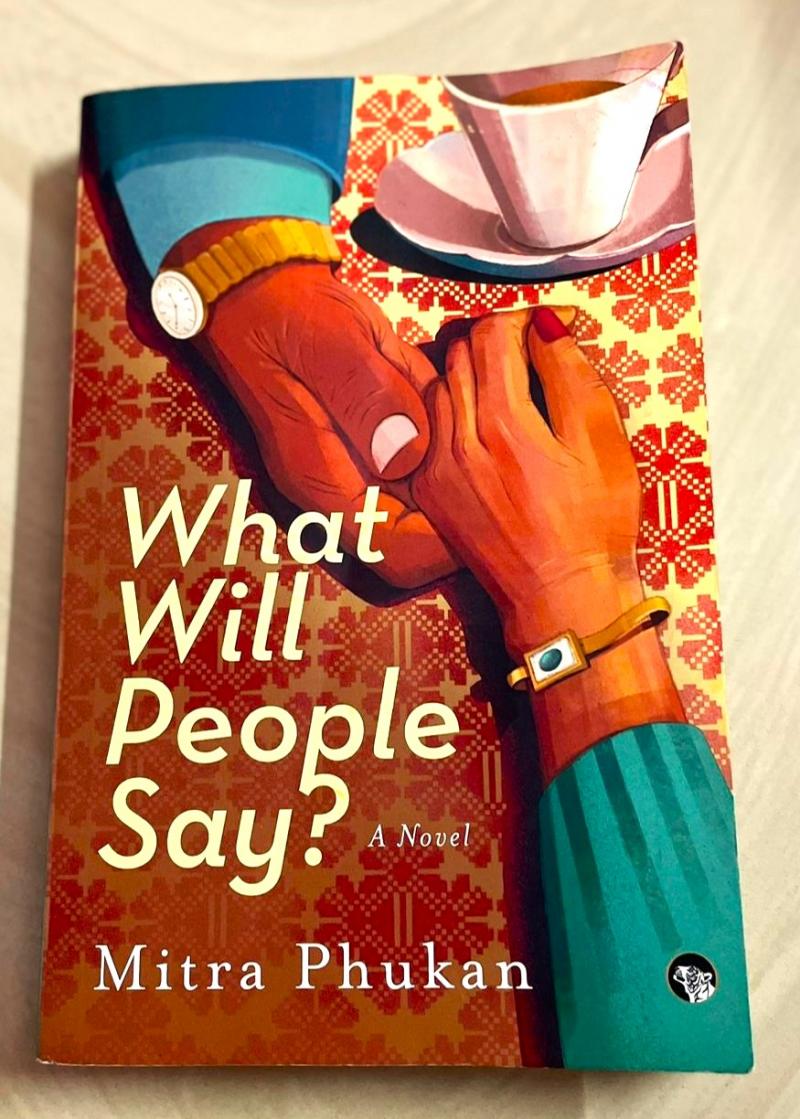
Tinigaon is the quintessential small town in Assam. Caught between transition, it brings to mind places which have a cosmopolitan outlook but which have not completely dismissed its traditional values. This is where Dr Mihika Borthakur lives and works. A college teacher, she lost her husband sometime back. When everything looked bleak and hopeless, she found new hope in the companionship of Zuhayr Rahman, a friend, a partner who feels the void in her life to an extent.
Mitra Phukan’s book What Will People Say revolve around the choices that Mihika makes and how the society around her reacts. The reaction is as expected— a Brahmin widow dilly dallying with a Muslim man in her middle age is a strict no no. Irrespective of their educational and economic background, Mihika almost faces social boycott because of her choices.
Interestingly her children who study and work in different states are ok with her choices and stand by her. Mitra Phukan with this introspective work of fiction took on age old taboos which are still prevalent in our modern societies. Different parameters are used for same choices made by men and women. A widower remarrying is seen as a necessity but in case of a widow, it is debauchery.
Similarly, inter caste and inter faith relationships continue to be a difficult subject and often led to conflicting views. Through the relationship of Mihika and Zuhayr, Phukan points to this. Another transcending aspect of the novel is talking about love between a couple who are in their mid fifties. In an era where mainstream and popular literary and works are obsessed with adolescent love, Phukan transgresses another boundary by talking about love found in the later part of life.
Another crucial aspect of the book is the space it gives to female friendships and comraderie. In difficult times, Mihika’s friends who have had their own struggles stood by her. The cross-class allegiance is shown when her house help Binani and her masseuse Sita reaches out to her. Mihika found allies in these lesser educated women.
Written in a very ruminative and lucid way, the book is a brave effort in talking about issues that are crucial but overlooked. It also speaks to generations across and emphasises on the need to rethink about our earlier generations — their emotional needs should also be given adequate importance.